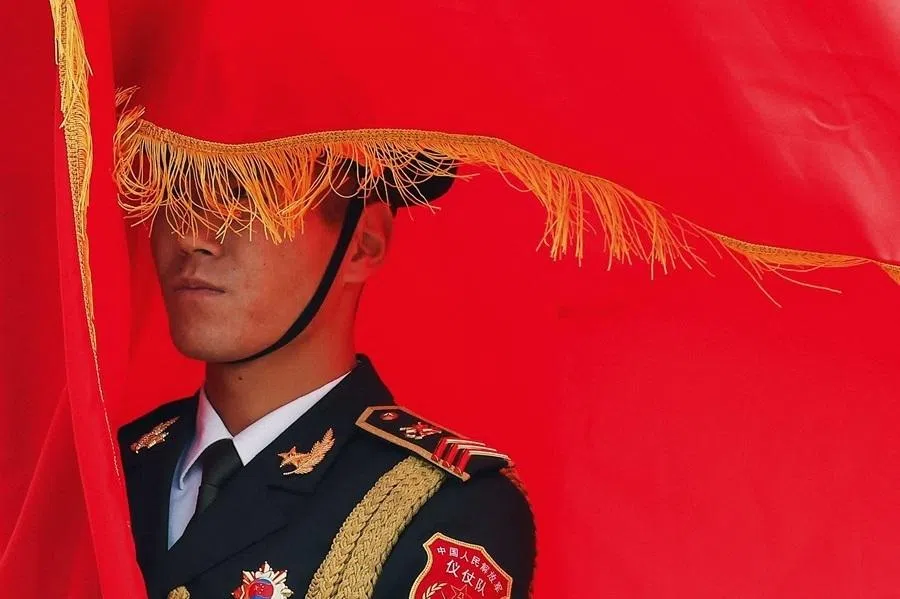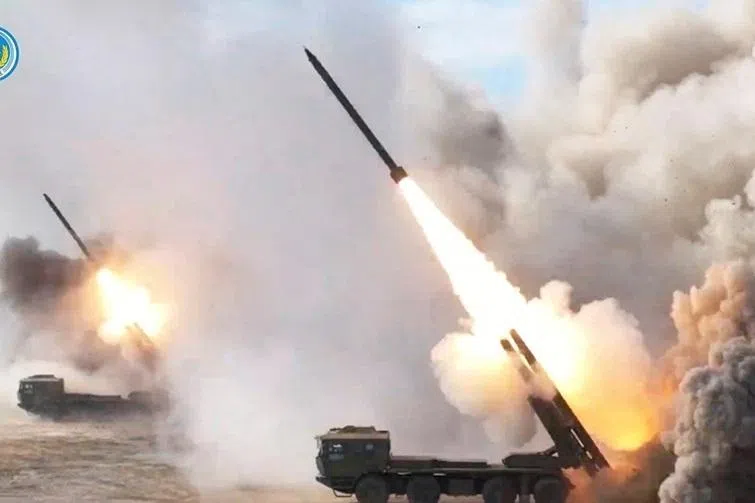Will China play the rare earths card on Japan?
Amid rising tensions over Tokyo’s “Taiwan contingency” statement, China could turn to rare earths — essential for hi-tech industries — as a powerful lever. Lianhe Zaobao correspondent Sim Tze Wei investigates the odds of Beijing playing this card.
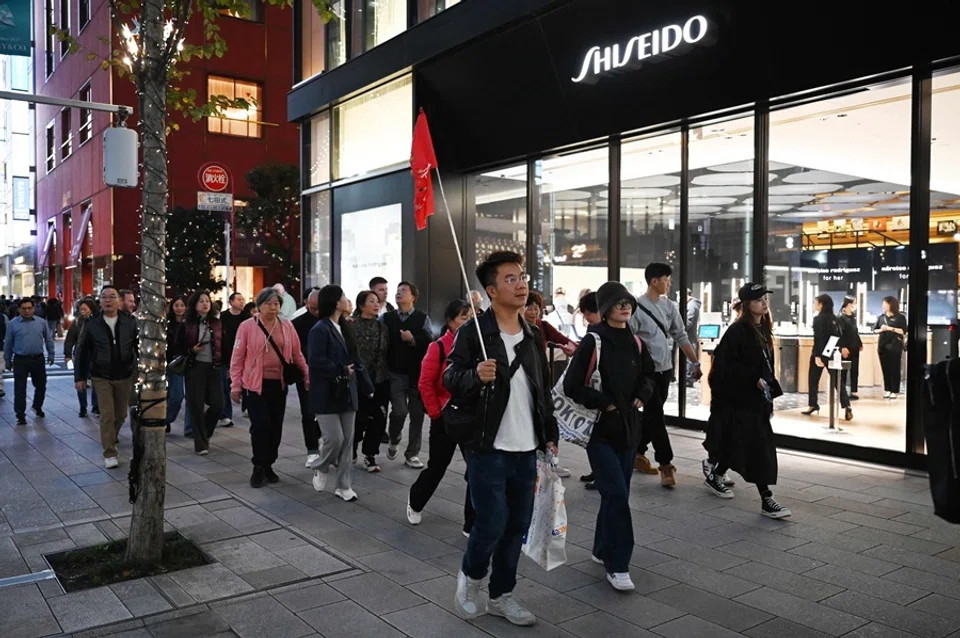
China-Japan tensions escalate as Beijing intensifies pressure on Tokyo to retract its “Taiwan contingency” statement. After hitting tourism, films and seafood, all eyes are on whether rare earths could become Beijing’s next leverage.
Academics expressed differing views. A Chinese scholar argued that if Japan persists on its current path, China will inevitably adopt tougher countermeasures, while a Singaporean expert suggested Beijing remains open to all options. Yet before playing the rare earths card, China has other levers at its disposal, including a full ban on Japanese agricultural imports or stricter health inspections of Japanese companies operating in China.
Less dependence on China for rare earths
After a collision involving Chinese and Japanese vessels near the Diaoyu Islands in September 2010, China temporarily halted rare earth exports to Japan for two months, causing panic within Japanese industries, especially in the auto industry. Back then, Japan’s reliance on Chinese rare earths was as high as 90%.
With regard to the use of heavy rare earths in hi-tech industries, Japan is still almost entirely dependent on China. As of 2023, China accounted for 99% of the global output of refined heavy rare earths.
Following that, Japan began to build a supply chain for rare earths that would allow it to work around China, allocating a budget of 100 billion yen (US$638 million) for five key areas: developing technologies and support investments in equipment to reduce rare earth usage, to develop technologies to use alternative materials, investing in and developing technologies for recycling rare earth resources, developing rare earth mines in countries such as Australia, as well as stockpiling rare earths as a strategic reserve.
Japan even appointed a minister for economic security and established an economic security department under the National Security Secretariat.
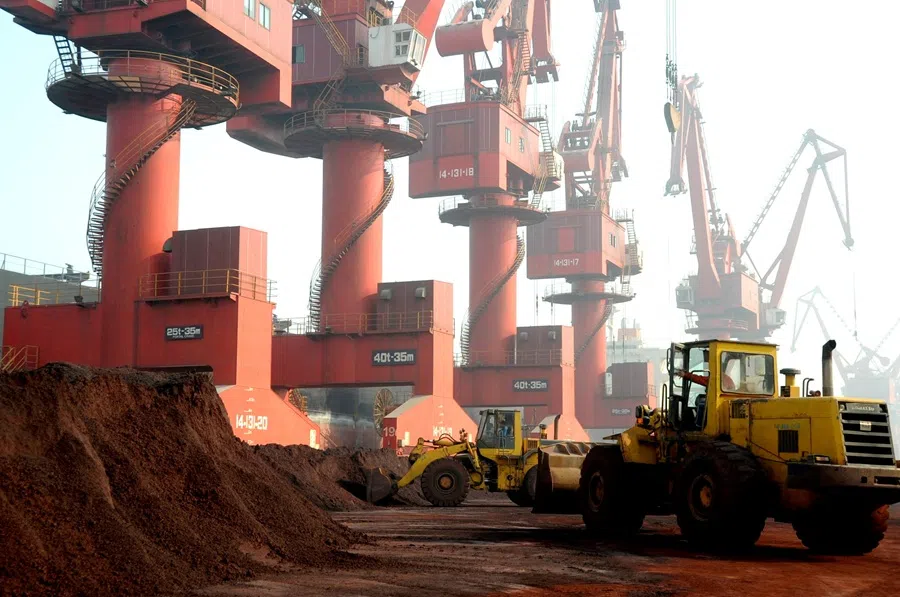
In an article published in 2023, Tatsuya Terazawa, chairman of the Institute of Energy Economics in Japan, stated that Japan’s reliance on Chinese rare earths had decreased from 90% in 2010 to 60%. Last week, Bloomberg cited Tadanori Sasaki, senior research director at the Institute of Energy Economics, Japan, who commented that Japan’s current reliance on Chinese rare earths is over 70%.
With regard to the use of heavy rare earths in hi-tech industries, Japan is still almost entirely dependent on China. As of 2023, China accounted for 99% of the global output of refined heavy rare earths. According to the Asahi Shimbun, after China imposed export controls on some heavy rare earths from May to June this year, Suzuki Motor had to suspend production of some car models.
... if China plays the rare earths card, the impact on Japan’s economy would be greater as compared to the seafood and tourism industries... — Chen Yang, Director, Japan Research Center at the Haiyi Institute
Will China play the rare earths card?
Hence, since the diplomatic row sparked by Japanese Prime Minister Sanae Takaichi’s “Taiwan contingency” remarks, Japanese media have been closely watching whether China would play the rare earths card. Some Chinese online opinion leaders, including Victor Gao, vice-president of the Centre for China & Globalisation, have proposed imposing rare earth export controls on Japan.
Chen Yang, director of the Japan Research Centre at the Haiyi Institute, told Lianhe Zaobao that if China plays the rare earths card, the impact on Japan’s economy would be greater as compared to the seafood and tourism industries, as it would swiftly affect numerous Japanese sectors, including auto manufacturing, semiconductors, precision instrument manufacturing and robotics. Among these, auto manufacturing is a major pillar of the Japanese economy, while robotics and semiconductors are economic growth engines which Japan has been actively developing in recent years.
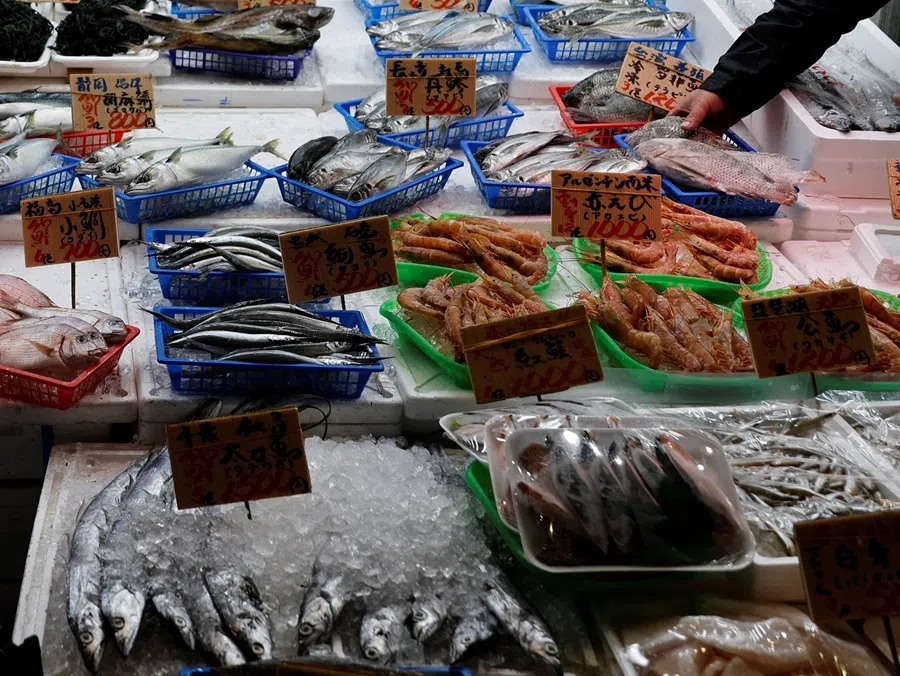
As for the circumstances under which Beijing might play the rare earths card, Chen believes that the key factors to watch are whether Japan retracts its statements and how its military posture evolves.
He said, “The main criterion is whether Japan can withdraw its erroneous remarks on Taiwan, genuinely honour its historical commitments to China, and respect China’s core interests. Otherwise, if Japan continues down the wrong path, China will inevitably take tougher countermeasures. Japan’s recent negative military moves could also prompt China to restrict rare earth exports to Japan.”
China has many other options before it plays the “rare earths card”, such as imposing a blanket ban on Japanese agricultural imports, not just seafood; revoking visa-free entry for Japanese nationals; and conducting various inspections on China-based Japanese companies. — Lye Liang Fook, Associate Senior Fellow, ISEAS
Open to all options
According to Japanese media, Japanese Defence Minister Shinjiro Koizumi said on 23 November during an inspection tour of a military base on Yonaguni in Okinawa — located close to Taiwan — that the missile deployment plan on the island is progressing steadily.
Lye Liang Fook, an associate senior fellow at ISEAS-Yusof Ishak Institute (ISEAS) in Singapore, analysed that since Chinese authorities have repeatedly stressed that “Japan shall bear all the consequences”, from Beijing’s perspective, “they will be open to all options”.
However, Lye also assessed that China has many other options before it plays the “rare earths card”, such as imposing a blanket ban on Japanese agricultural imports, not just seafood; revoking visa-free entry for Japanese nationals; and conducting various inspections on China-based Japanese companies.
Benjamin Ho, an assistant professor at the S. Rajaratnam School of International Studies at Nanyang Technological University, judges that Beijing is unlikely to resort to the rare earths card.
He said that the rare earths card is a weapon “reserved for its most privileged clients like the United States”, and that China’s series of pressure tactics against Japan is meant to send a warning to the US and other countries. Moreover, once China uses the rare earths card too often, it may instead prompt other countries to band together to devise countermeasures.
“Already, many like-minded partners are focused on diversification from China, and any Chinese actions will only reinforce the perception that overdependence on China is a risk.” — Professor Heng Yee Kuang, raduate School of Public Policy, The University of Tokyo
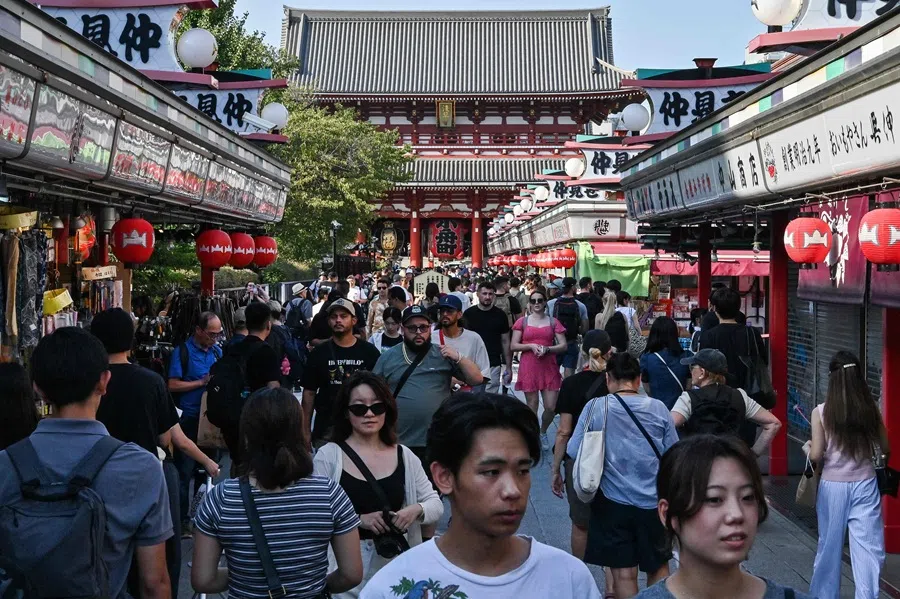
Heng Yee Kuang, a professor at the Graduate School of Public Policy at The University of Tokyo, also believes that China has likely realised “the potential blowback from any action on rare earths”. He noted: “Already, many like-minded partners are focused on diversification from China, and any Chinese actions will only reinforce the perception that overdependence on China is a risk.”
US involvement?
Both Ho and Lye believe that even if China were to play the rare earths card against Japan, the US would not retaliate against Beijing by imposing a chip ban. Ho said: “I think it’s better to confine it to a China-Japan problem than to bring in the US… because that will really mean escalating it unnecessarily.”
Lye analysed that the Chinese and US presidents have reached a consensus in South Korea to maintain a one-year “trade truce”, and Washington will not want fresh complications. Furthermore, the Donald Trump administration’s current priority is to push for a ceasefire in Ukraine. This is why the main response so far has come from the US ambassador to Japan, voicing support for Japan on social media, with the level of US officials stepping forward “unlikely to rise much further”.
This article was first published in Lianhe Zaobao as “中日持续僵持 “稀土牌”成悬念”.
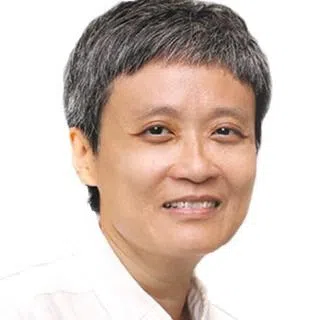


![[Big read] When the Arctic opens, what happens to Singapore?](https://cassette.sphdigital.com.sg/image/thinkchina/da65edebca34645c711c55e83e9877109b3c53847ebb1305573974651df1d13a)
